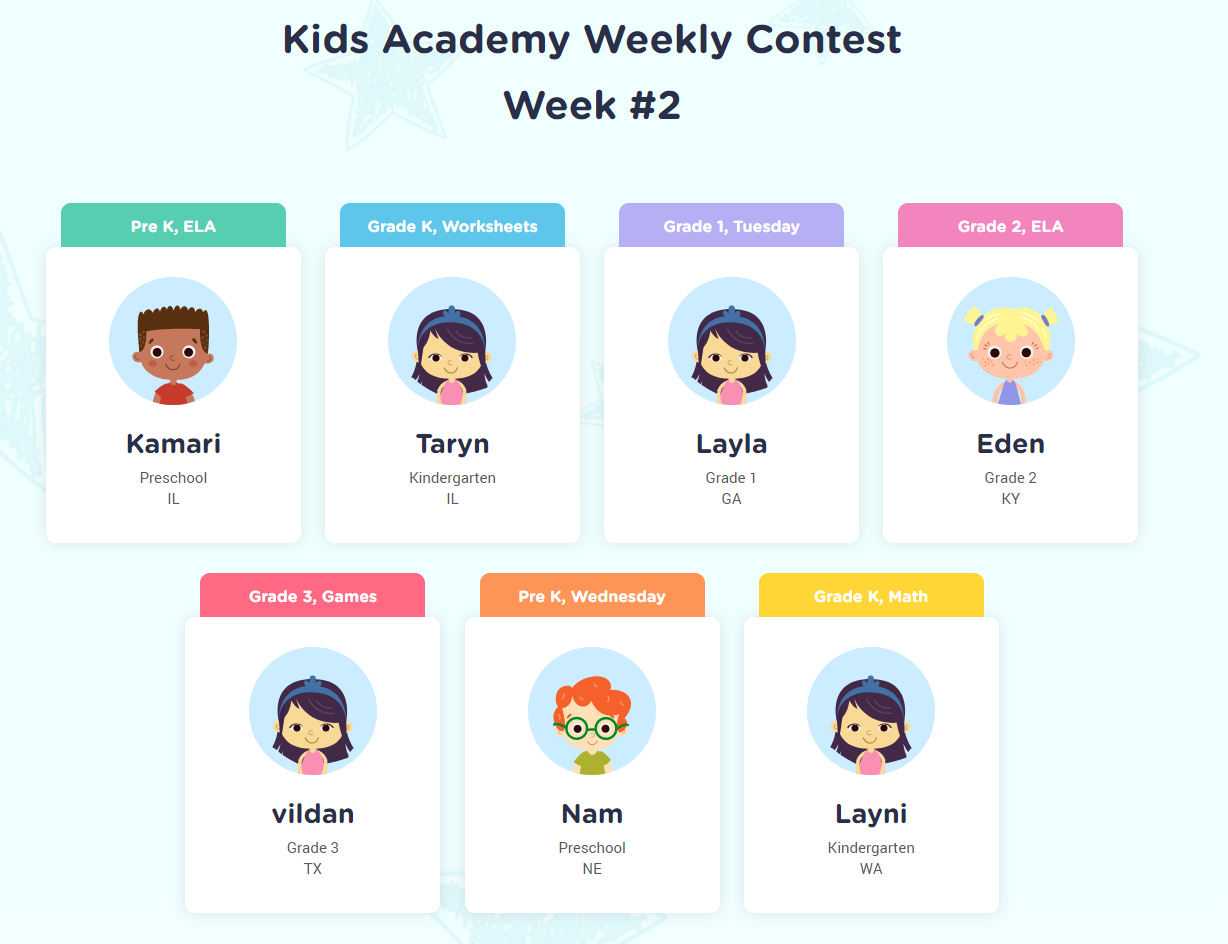Number Recognition Normal Science Worksheets for Ages 5-9
7 filtered results
-
From - To
Discover our "Number Recognition Normal Science Worksheets" designed specifically for children aged 5-9! These engaging worksheets combine essential number recognition skills with exciting science concepts, promoting early learning in a fun and interactive way. Each worksheet encourages kids to identify and work with numbers through vibrant illustrations and relatable science themes, enhancing both their numerical fluency and scientific curiosity. Ideal for classroom use or home learning, these resources support young learners in developing confidence in their abilities. Empower your child's education and watch them thrive with our thoughtfully crafted materials tailored to spark their love for numbers and science alike!
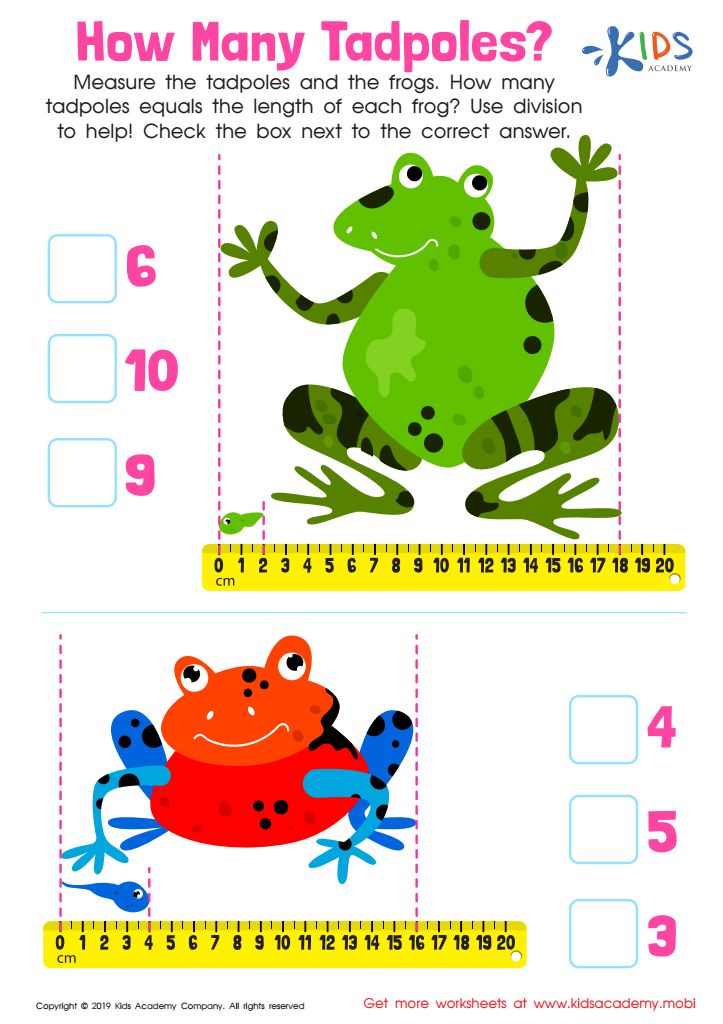

How Many Tadpoles Worksheet


African Wildlife: Giraffe Worksheet
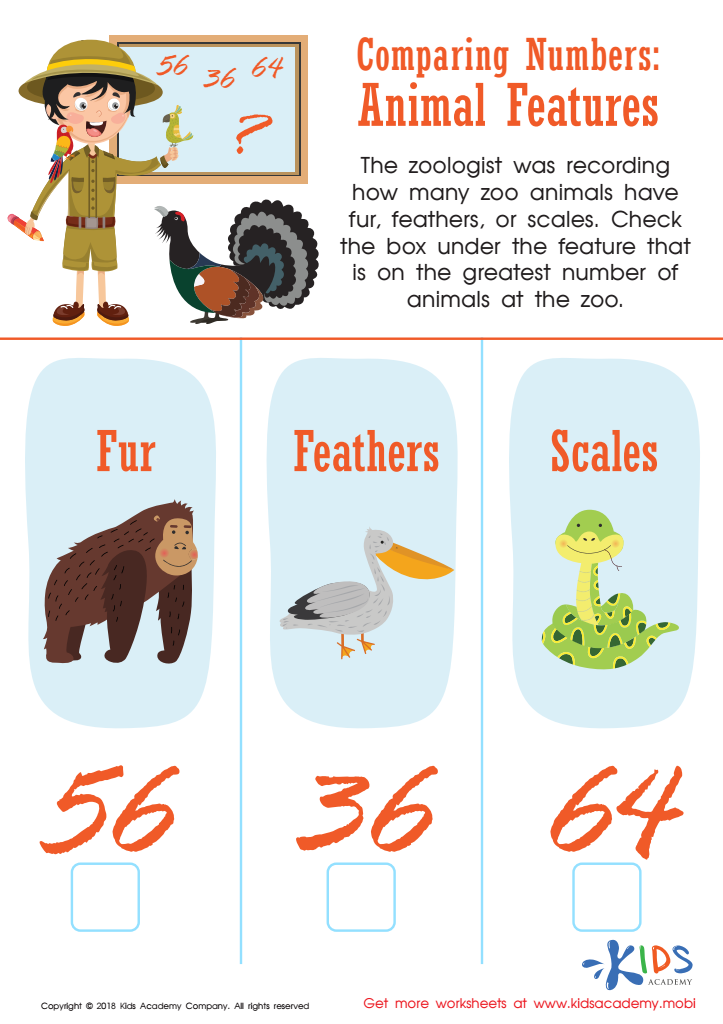

Animal Features Worksheet
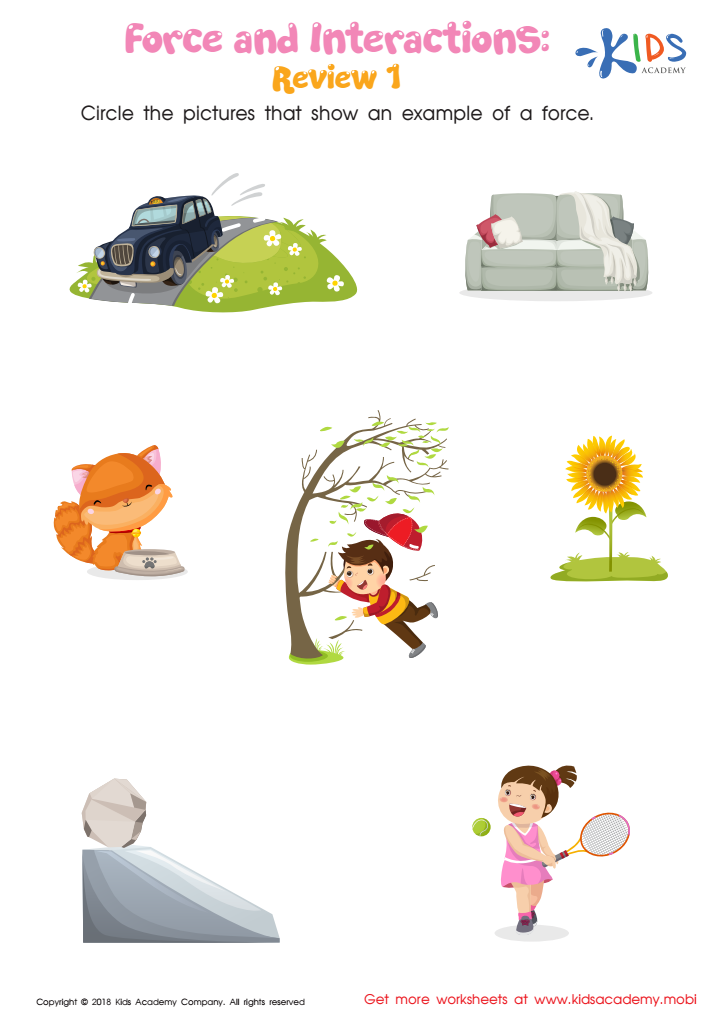

Force and Interactions: Review 1 Worksheet
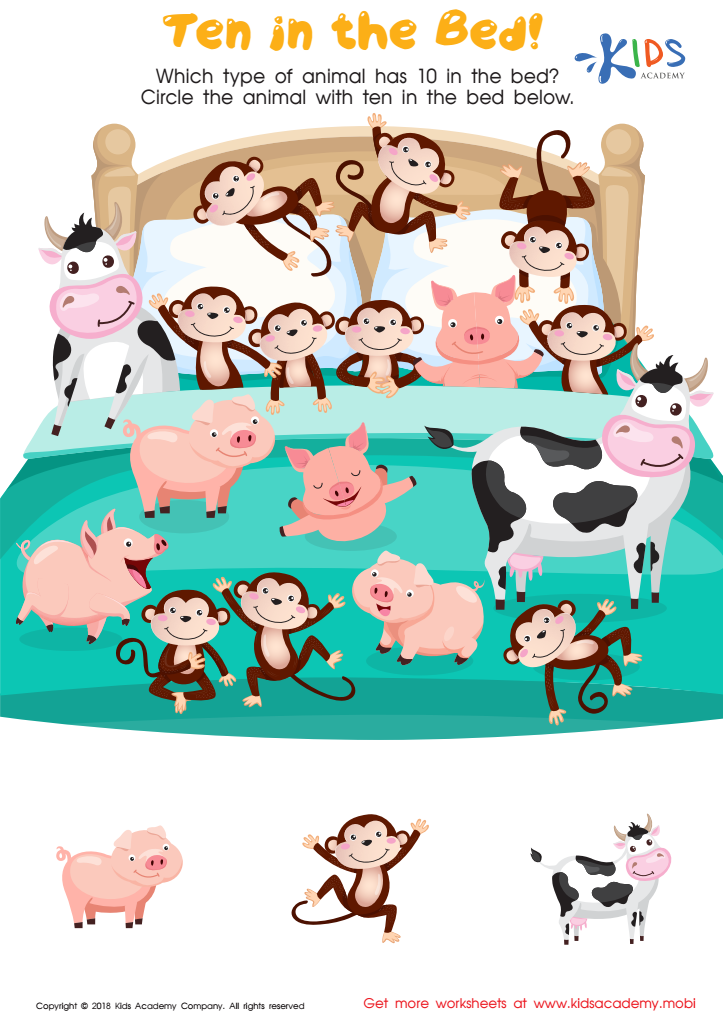

Ten in the Bed Worksheet
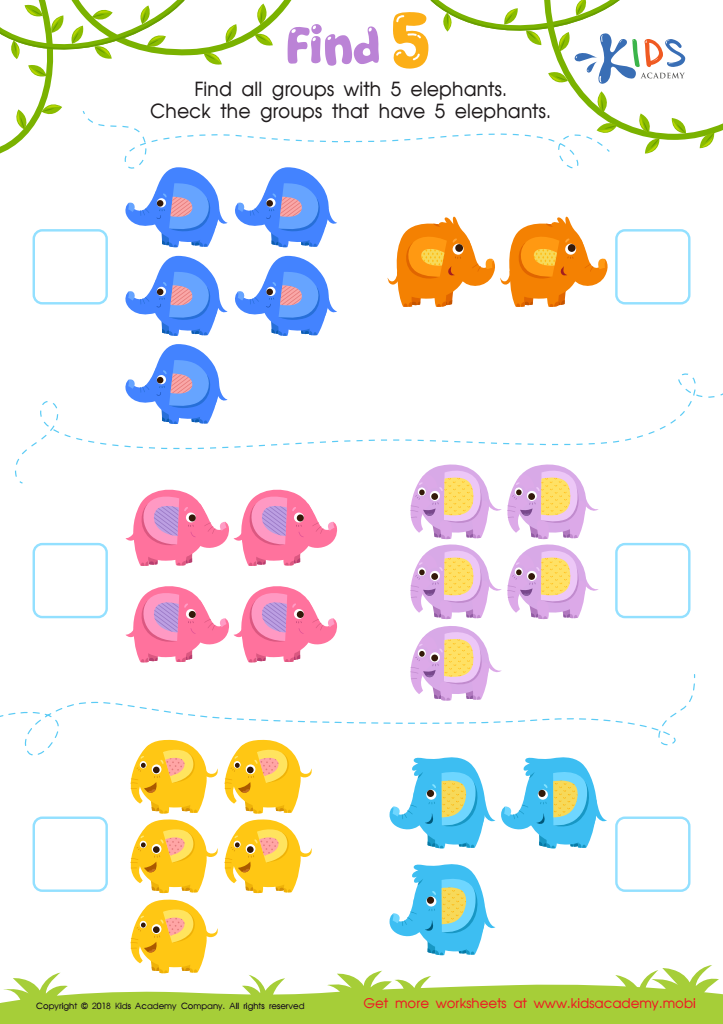

Find 5 Worksheet
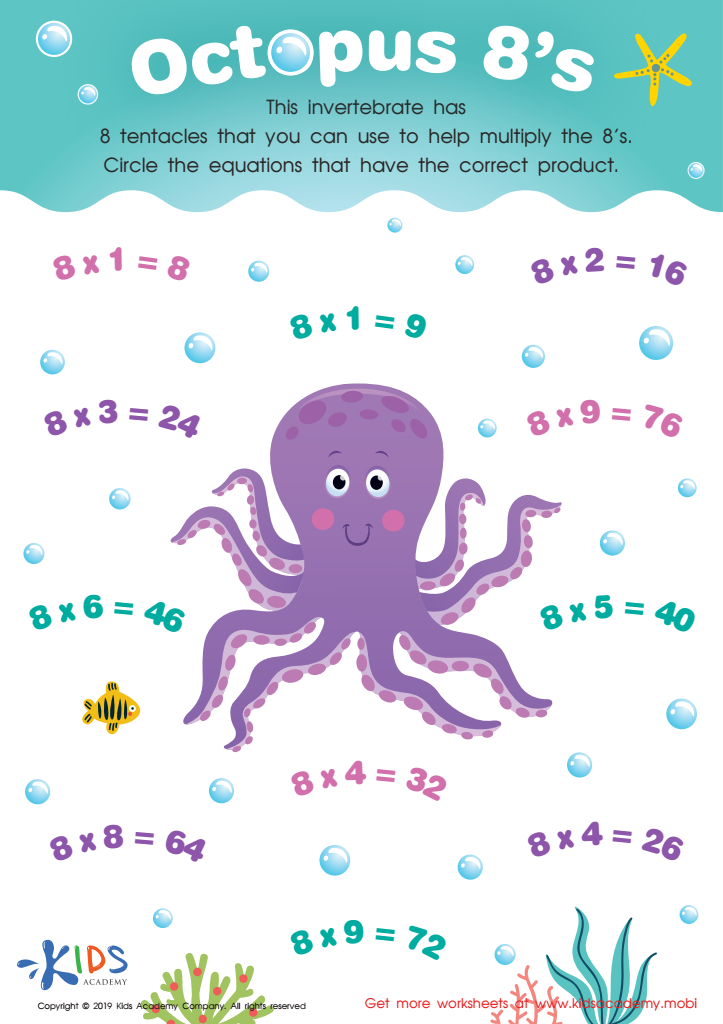

Octopus 8’s Worksheet
Number recognition is a fundamental skill for children aged 5-9 that acts as a building block for mathematical understanding. Parents and teachers should prioritize this developmental aspect because it lays the groundwork for everyday problem-solving and cognitive development. Recognizing numbers enables children to engage with their environment—such as counting objects, telling time, and understanding money—promoting independence and confidence.
Early mastery of number recognition can greatly impact a child's future academic success. It enhances their ability to grasp more complex mathematical concepts, such as addition, subtraction, and early algebra. Additionally, number recognition fosters critical thinking skills, as children learn to sort, categorize, and identify patterns.
Moreover, involvement in supporting number recognition helps strengthen the bond between parents, teachers, and children. Engaging in fun activities—like number games, songs, or practical applications—makes learning enjoyable while also building a positive attitude toward mathematics. In a world where numeracy is increasingly important, equipping children with strong number recognition skills not only enriches their educational experiences but also prepares them for a successful future. Prioritizing this aspect of early education is therefore essential to fostering a well-rounded and confident learner.
 Assign to My Students
Assign to My Students







